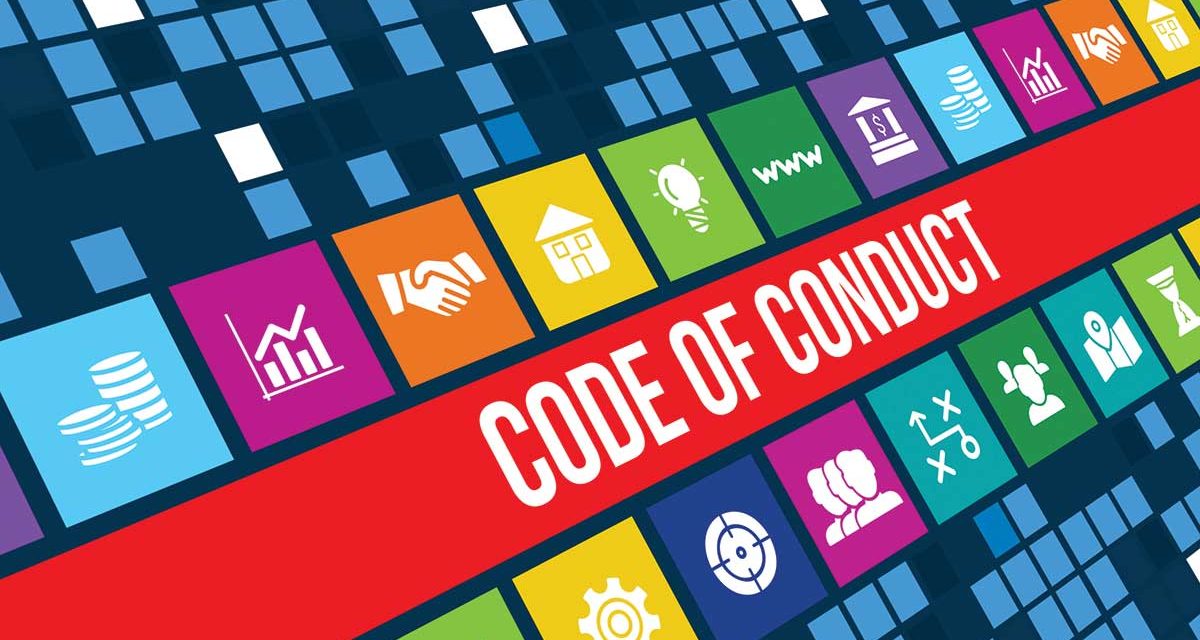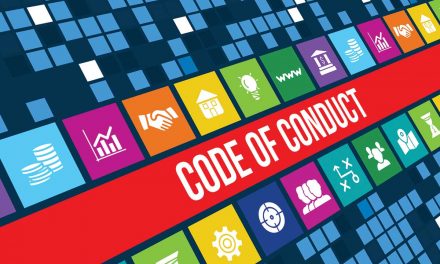This is the second in a series of updates that the USU will be releasing in consultation with the industry parties including depa, LGEA and LGNSW.
This update deals with General Conduct section 3.1 a) to g) and 3.2:
General conduct
3.1 You must not conduct yourself in a manner that:
- is likely to bring the council or other council officials into disrepute
- is contrary to statutory requirements or the council’s administrative requirements or policies
- is improper or unethical
- is an abuse of power
- causes, comprises or involves intimidation or verbal abuse
- involves the misuse of your position to obtain a private benefit
- constitutes harassment or bullying behaviour under this code, or is unlawfully discriminatory.
3.2 You must act lawfully and honestly, and exercise a reasonable degree of care and diligence in carrying out your functions under the LGA or any other Act (section 439).
The sections under General Conduct as listed above, which are contained in the NSW Local Government Model Code of Conduct, contain some very relevant information every employee needs to understand. They list the sorts of things that if breached can end up in a disciplinary process. The Code makes it clear they will not tolerate improper and unethical behaviour, any abuse of power and inappropriate behaviour, including intimidation and verbal abuse, and any behaviour which could be considered to be bullying or harassment, as well as potentially being discriminatory.
In our opinion, such discrimination would, for example, include:
- Victimising an employee or prospective employee because the employee is or was a member, official or elected representative of a Union (which is a breach of section 210 of the Industrial Relations Act 1996).
- Denying Union Delegates reasonable time, without loss of pay, to discuss grievances or disputes with management at the local level where prior approval has been sought ( which is a right under subclause 35 (ii) of the NSW Local Government (State) Award 2017).
- Denying Union Delegates reasonable access to Council resources and information for the purpose of carrying out their industrial responsibilities, including but not limited to the representation of members with respect to disciplinary matters and the representation of employees with respect to grievances and disputes (which is a right under section 8.14 of the model code)” as well as the right to raise allegations of breaches of the Model Code and/or claiming any rights provided by the Model Code without facing persecution as a result.
And because all employers of councils will be given training in the new code, and will potentially have to sign that the training has been attended, no one can claim ignorance.
If you need clarification of what constitutes Harassment and Discrimination or Bullying, the Model Code covers these issues in Sections 3.6, 3.7, 3.8, 3.9, 3.10 and 3.11.
These issues will be covered in future updates over the next couple of months.


